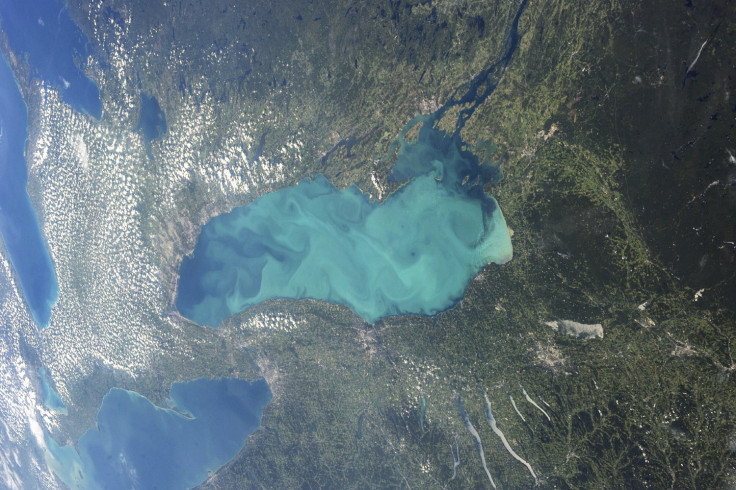Global Warming Could Reduce Plankton Stocks And Affect Carbon Cycle

Ocean warming over the coming years could reduce phytoplankton stocks and in turn affect marine life and the planet's carbon cycle, says a new study from Oregon University.
Phytoplankton account for roughly half of the net photosynthesis on Earth. By consuming carbon dioxide from the atmosphere they play an important role in the Earth's carbon cycle.
Phytoplankton are nutrient sources for marine organisms and in a balanced ecosystem, they feed whales, shrimp, snails and jellyfish.
But when phytoplankton grow out of control they form harmful algal blooms that produce extremely toxic compounds affecting marine life.
Studying the close relationship between consumption and cell division of plankton, using Nasa's ocean colour satellites, the scientists were looking at how plankton recover from a disturbance of the balanced system.
According to the Disturbance Recovery theory, blooms can be started by any process that disturbs the natural balance between phytoplankton and their predators.
A disturbance could simply be the churning of the surface ocean by storms, a river flowing into the ocean or even an intentional disturbance such as fertilising ocean ecosystems with iron.
The new study published in Nature Climate Change focused on how plankton ecosystems recover once they have been disturbed.
If plankton and the organism that feeds on it keep increasing in numbers, there is a balance. But if for some reason the planktons slow down, the organisms will overtake and soon there will be even less planktons. Or the vice versa.
By focusing on the North Atlantic Ocean, which sees one of the largest phytoplankton blooms every year, the study showed how deeper winter mixing gives rise to larger phytoplankton stocks.
This suggests that ocean warming over the coming century, which will decrease winter mixing, may significantly decrease peak phytoplankton stocks.
"Understanding the plankton ecosystem and how it responds to variability is very important for preparing and looking forward to how Earth's system changes," said Mike Behrenfeld, author of the study and phytoplankton ecologist at Oregon State University, Corvallis, Oregon.
"The environmental conditions that start and then sustain phytoplankton blooms are, in many cases, the same environmental factors that are impacted by climate change."
© Copyright IBTimes 2025. All rights reserved.





















